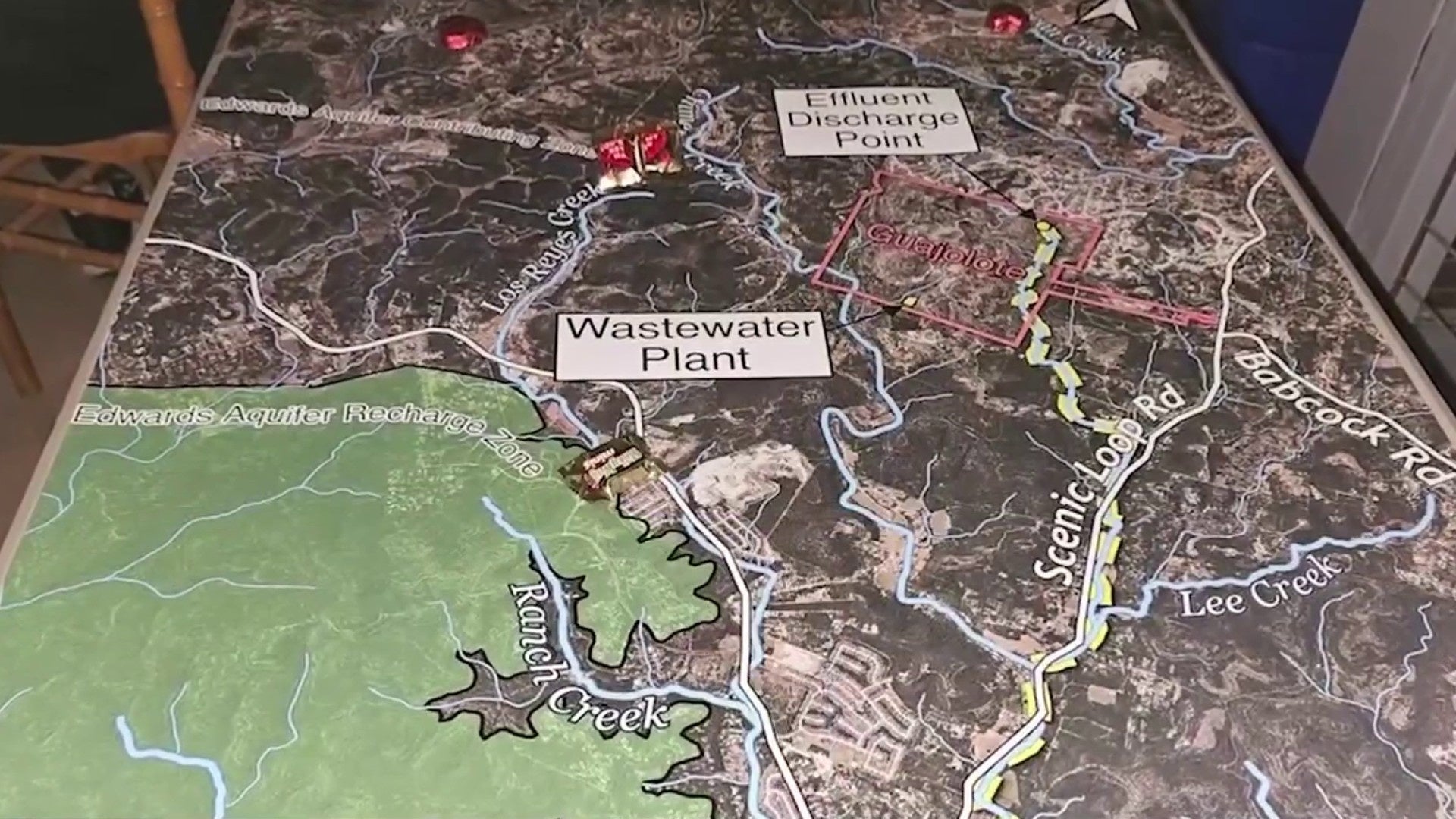UPDATE: Texas State Senator Donna Campbell is escalating the fight against the controversial Guajolote Ranch development, urging state regulators to reject a crucial wastewater discharge permit. This explosive call comes as the proposed 2,900-home project in northwest Bexar County faces intense scrutiny over environmental and public health concerns.
In a sharply worded letter dated October 30, 2023, directed at Texas Commission on Environmental Quality (TCEQ) Chairwoman Brooke Paup, Campbell warns that the permit threatens not only groundwater quality but also endangered species habitats. This revelation emerged during a Scenic Loop–Helotes Creek Alliance meeting in Grey Forest on Wednesday night, where her district director read the letter aloud, igniting further outrage among local residents.
The TCEQ approved the permit on October 22, but this decision is not yet final. Opponents, including the Greater Edwards Aquifer Alliance and the city of Grey Forest, have a critical 25 days from October 28 to request a rehearing, and legal filings are reportedly underway.
Campbell represents the area west of Scenic Loop and Babcock roads, where Lennar plans to build on 1,160 acres of Guajolote Ranch. The developer seeks permission to discharge an average of 1 million gallons per day of treated wastewater into the Helotes Creek watershed, which is vital as it directly recharges the Trinity Glen Rose Aquifer, the primary water source for nearby communities. Alarmingly, it also contributes up to 15% of the recharge for the Edwards Aquifer, supplying drinking water to approximately 2.5 million people.
In her letter, Campbell insists that TCEQ must consider findings from a 2020 Southwest Research Institute study that concluded any wastewater discharge in the Helotes Creek watershed would degrade the quality of the Edwards Aquifer’s recharge. She emphasizes that this conclusion has never been scientifically refuted.
Further pressing her case, Campbell raised concerns regarding the habitat for federally protected species, claiming that TCEQ has failed to adequately evaluate the required impacts under the Endangered Species Act. She also highlighted troubling procedural changes made after public hearings, specifically the removal of a retention pond that was a crucial part of the initial modeling.
Campbell’s stance is bolstered by a growing bipartisan coalition of lawmakers opposing the permit, which includes three other senators and all ten state representatives from Bexar County. This group previously issued their own letter expressing their concerns.
In a crucial point, Campbell demands TCEQ clarify public statements suggesting the discharged effluent would be “safe to drink,” noting that the permit does not adhere to Texas’ highest reclaimed water standards. The urgency of her appeal is underscored by the potential environmental ramifications for the community.
As of now, TCEQ has not responded to Campbell’s letter. The agency has 30 days to issue a reply, heightening the anticipation and tension surrounding this issue. The fate of the Guajolote Ranch project remains uncertain, with environmental advocates and local residents watching closely.
This developing story highlights the critical intersection of community health, environmental protection, and legislative action, making it a pivotal moment for residents of Bexar County. What happens next could redefine the future of the region’s water resources and ecological integrity.







